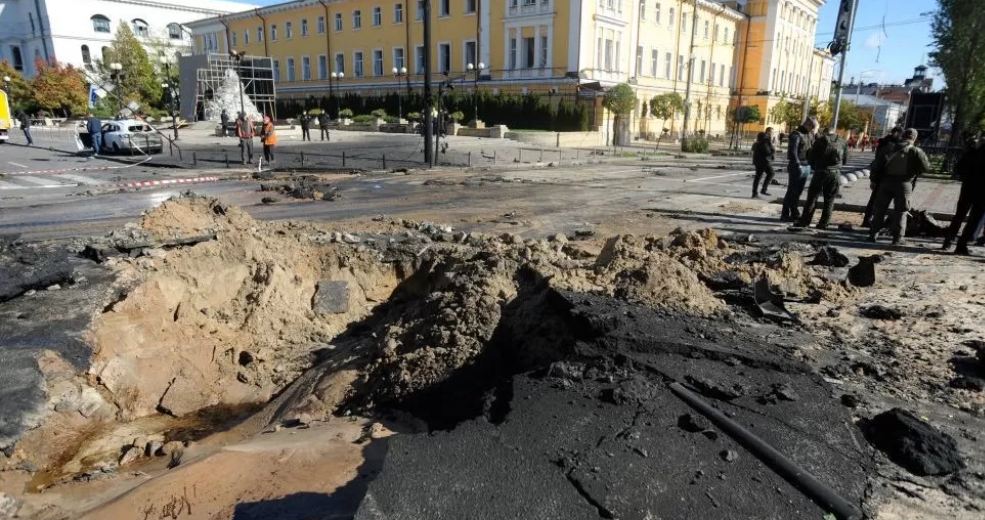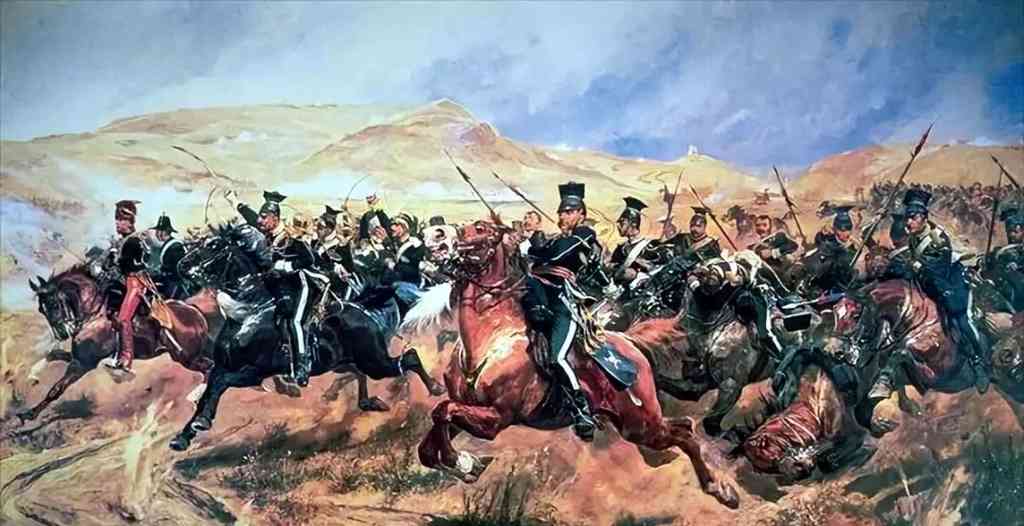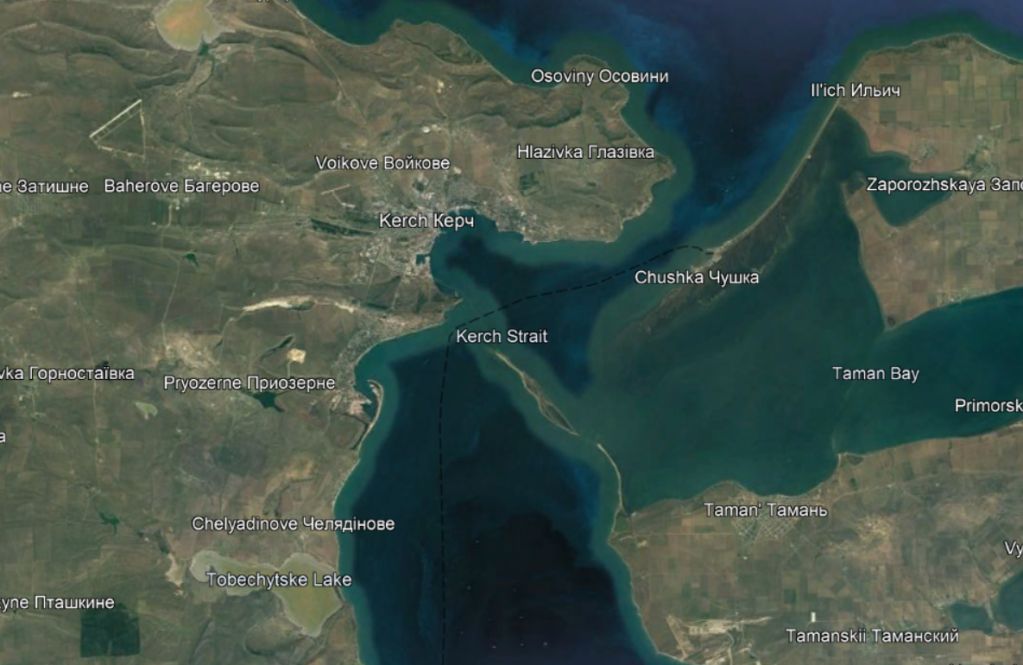In April 1950, Soviet dictator Joseph Stalin gave his blessing to North Korean leader Kim Il-Sung to invade his southern neighbour. On the 25th June, Kim’s forces flooded across the 38th Parallel, beginning the Korean War. Having calculated that the United States and its allies would be too weary and disinterested to fight another Asian war, Stalin was surprised when a UN Security Council resolution (passed during the Soviet boycott) prompted an international response. When a ceasefire was declared in July 1953, some 3 million people lay dead, mostly civilians. No territorial changes had occurred, and no peace treaty was signed.
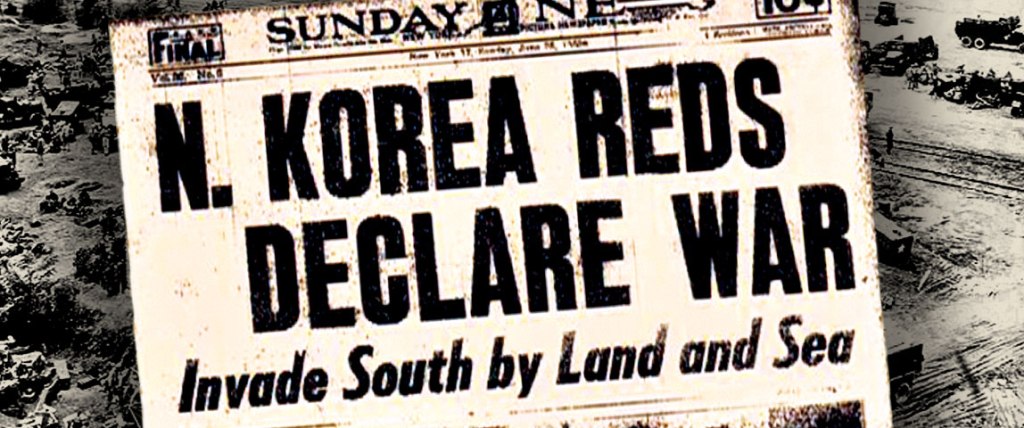
Like much of the early Cold War, Stalin and the Soviets played a key role in orchestrating events, even if they did not commit ground troops to the war in Korea. Instead, they encouraged the involvement of Mao Zedong’s People’s Liberation Army (PLA), itself battered after years of civil war. Mao was happy to sacrifice Chinese troops in support of his communist overlord, the Sino-Soviet split still being more than a decade away.
There was more than a hint of irony this week when Vladimir Putin travelled to Pyongyang to meet the current North Korean dictator Kim Jong-Un. Having not visited the pariah state since the early days of his presidency in 2000, Putin would surely not have done so now had it not been for his war in Ukraine and Russia’s increasingly isolated international position. Signing a pact with Kim that will ‘protect us both from aggression’, Putin’s visit is a sign of desperation and weakness. Joseph Stalin never went to Pyongyang, nor Beijing for that matter. People came to him, in his intimidating Kremlin lair. Despite Putin voicing hopes that his next meeting with Kim will be in Moscow, the North Korean leader will hardly feel compelled to comply.

Exactly what has been agreed and promised between Putin and Kim will remain a closely guarded secret. Yet, it appears clear that Pyongyang is selling the Russians millions of artillery shells for use in Ukraine, perhaps in return for sophisticated nuclear submarine and missile technology. After their meeting in Vladivostok last September, there has been evidence that North Korean munitions are being used in the Ukraine war. Kim will exact a high price for this precious offering of war materiel, which he knows Putin is in desperate need of. Whilst it might not be in Moscow’s interest to have an increasingly powerful nuclear dictatorship on its border, Putin seems willing to do almost anything to ensure the signature play of his rule succeeds.
At the start of this year, Kim made a significant change to North Korea’s historical position re: the South. Whilst his father, Kim Jong-Il, and grandfather, Kim Il-Sung, had always vowed to unify Korea under communist rule, Kim junior has now declared South Korea its ‘principal enemy’ and abandoned the policy of unification. Recent incursions by North Korean troops across the demilitarized zone (DMZ) into the South have followed other provocative acts such as shelling South Korean waters and sending bags of human waste attached to ballons over the border.
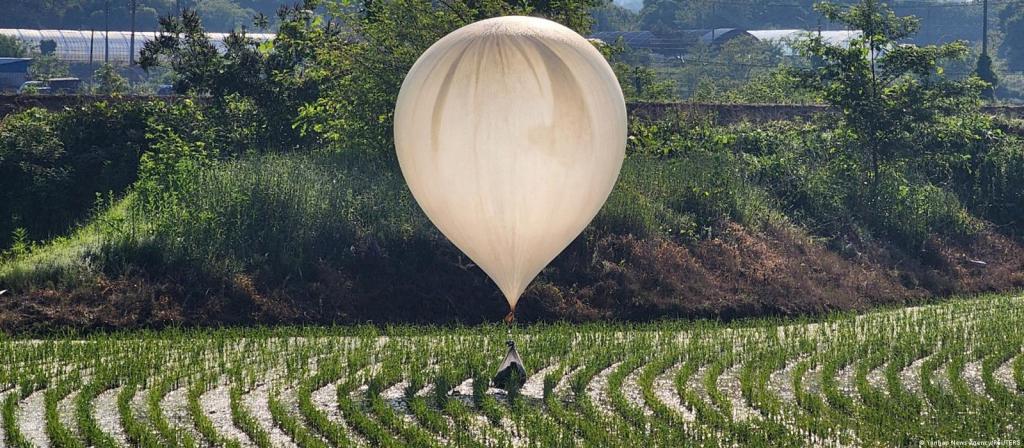
With North Korea continuing its unrelenting pursuit of nuclear build-up at the expense of its population’s well-being, the potential for a conflagration on the Korean Peninsula grows. Like Putin, Kim appears to realise his own mortality. There is perhaps nothing so dangerous as a dictator with nothing to lose, with both leaders having demonstrated their disregard for human life, friend or foe.
Hope rests in China. Although Xi Jinping has shown himself to be a revisionist leader with grand ambitions for regional and global Chinese supremacy, Beijing has always feared the destabilising presence of North Korea. Traditionally Pyongyang’s staunchest ally, China has typically been able to exert its influence to rein the Kims in when needed. Russia’s reliance on China for material support means that Putin would had to have consulted Xi before travelling to North Korea. Again, the boot is on the other foot compared to the Cold War. It is Moscow that must heed Beijing’s call, not vice versa.
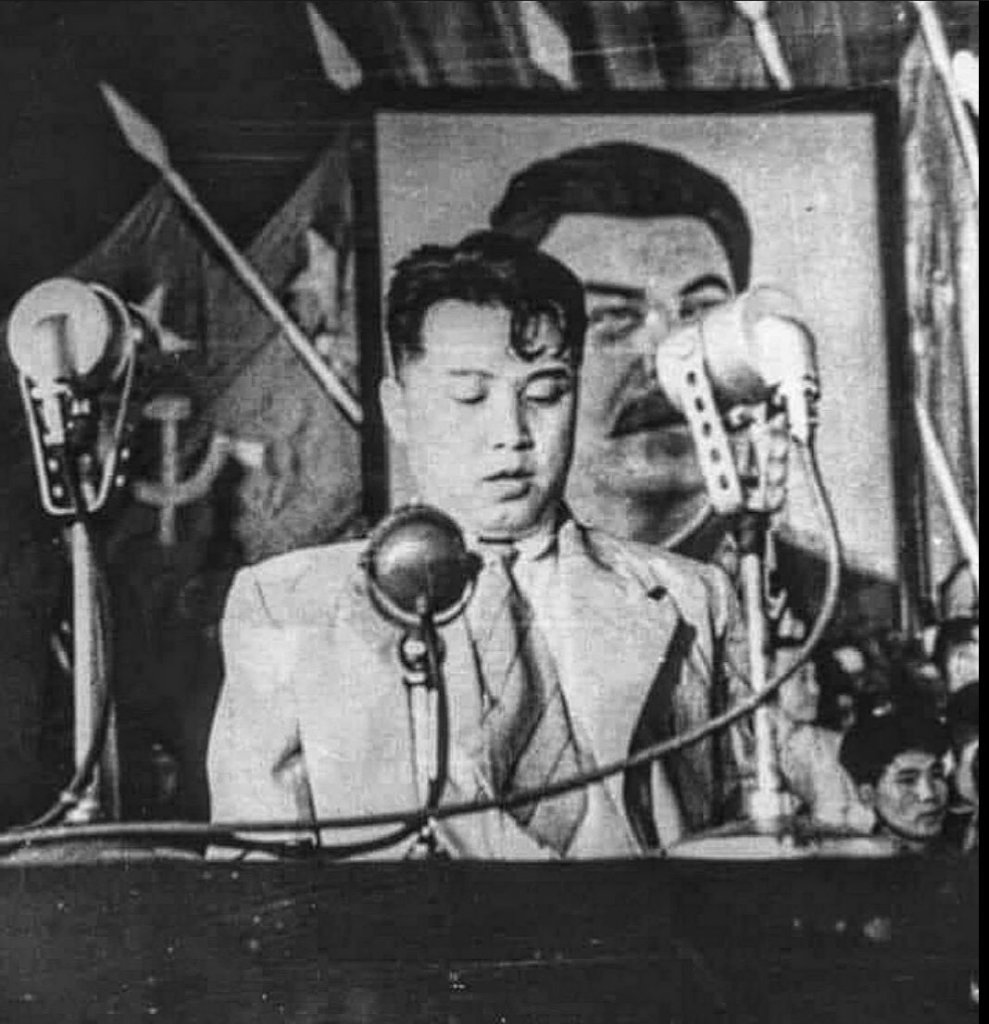
Whether Xi can soothe the malign intentions of his foreign underlings remains to be seen. He has displayed a ruthlessness comparable to Stalin in purging his domestic enemies. Now he must show similar strength in controlling troublesome allies, for the sake of China and the wider world.

